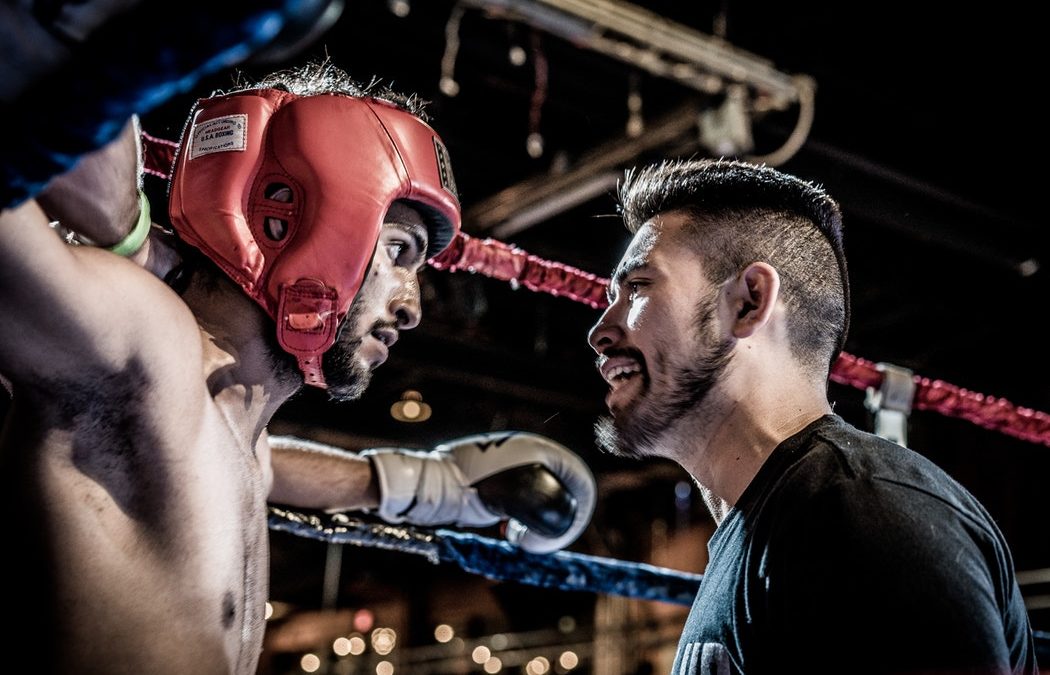Cognitive Behavioral Therapy Could Help Stress in Sport
Cognitive behavioural therapy (CBT) could be a powerful tool to help elite sportspeople improve their performance by handling stress more effectively, new research has found.
Sport psychology researcher, Dr Faye Didymus, worked with four high-level female hockey players over nine months, using a CBT technique called cognitive restructuring to help them identify what put them under pressure, understand how they responded emotionally, and then consider more helpful alternative responses. The results were immediate: things that they had viewed as threats, players began to see instead as challenges, resulting in more positive emotions and higher satisfaction with their performance..
Psychology and CBT Make a Winning Team
In my traditional cognitive-behavioral practice working with adults and adolescents who have a range of anxiety and behavioral disorders, I have found that clinical work with athletes and cognitive-behavioral therapy (CBT) dovetails quite smoothly. Athletics and a cognitive-behavioral approach seem to share some common terminology, such as goals, practice, strategy, skill, evaluation and feedback. Therefore, a CBT approach is particularly helpful to athletes who may need more traditional clinical support, but who are wary of appearing weak or think they are giving up control to a therapist or therapeutic process.
Daniel Mirea on the use of Cognitive Behavioural Hypnotherapy in Sports
Cognitive Behavioral Strategies in Athletic Performance Enhancement
Each day millions of Americans engage in some form of competition, training, or physical exercise. Such popularity and the value our culture places on competition have made sport a valid area of psychological inquiry. Within the cognitive behavioral model, sport psychology and, specifically, athletic performance enhancement have experienced vigorous growth over the past two decades. Behavior change strategies familiar to most cognitive behaviorists form the core of virtually all athletic performance enhancement interventions. Goal setting, imagery or mental rehearsal, relaxation training, stress management, self-monitoring, self-instruction, cognitive restructuring, and modeling interventions dominate this literature…

